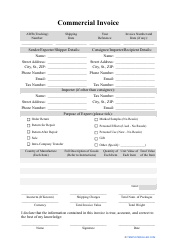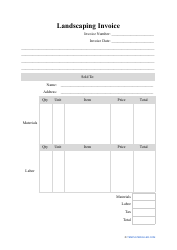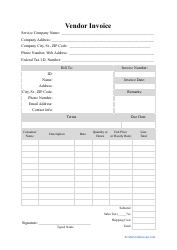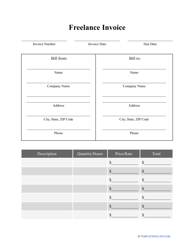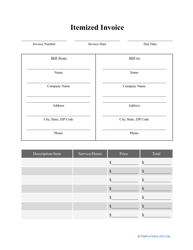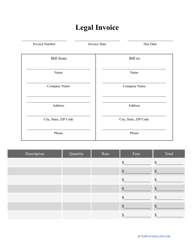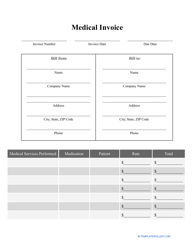How to Stop Fake Invoice Emails

Every individual and company needs to know how to protect the personal data stored online from scammers and hackers that make attempts to mislead the recipient and get their money. If you received an email asking you to pay for the attached invoice - a written statement of goods or services you have ordered - yet you believe this letter is fraudulent or you are not sure about the details shared with you in the request, there are some steps you can take to avoid losing money and prevent future fraud.
How to Tell if an Invoice Email Is Fake?
Check every invoice email for the following characteristics - if you find one of them, it is better to be safe than sorry:
- You do not recognize the name of the sender and you did not request services or goods listed in the document . Alternatively, you see bank details that do not match the ones you know or the sender enclosed a file with a weird title.
- The "business" is asking you to send them money immediately and threatens to take legal action if you ignore the message even for hours.
- The letter is poorly written, and it seems like the person who composed it used automatic translation software.
How to Block Fake Invoice Emails?
In case you received a Fake Email Invoice that was not identified by the email provider, you can manually block the address of the sender and other unsolicited letters following these steps:
- Go to your inbox and click the "Settings." No matter what email service you use, there will be a tab called "Privacy" or "Blocked senders." It is possible to add an email address you consider suspicious - they will not be able to contact you again.
- Stop all the emails from individuals or companies you do not know from appearing in your inbox folder . To do it, you can manually record the email addresses you deem to be safe (your relatives, friends, colleagues), and no more junk mail or scam letters will bother you in the future.
- Unsubscribe from services you no longer want to use - every email you receive after being added to a mailing list contains an option to "Unsubscribe" - click the link and confirm you do not want to see the letters from this particular sender.
How to Report a Fake Invoice Email to the FTC?
If you discovered a Fake Invoice Email, you can make a formal complaint to the Federal Trade Commission - they will try to identify the scammer and prevent similar situations from happening:
- Visit the official website of the agency reportfraud.ftc.gov/#/?pid=B and click "Start your report now."
- Select the option that describes your problem - in this case, you can pick "An impersonator" and then confirm they are claiming to be a trusted company that demands payment.
- Share the details about the email - tell the FTC whether you have sent the person or organization in question any money, when did that happen, what company was impersonated, and what do you know about the sender.
- Include your full name and contact details to let the FTC reach out to you after they examine the information you provided and click "Submit."
How to Report Spam Invoice Emails to Your Email Provider?
You can take additional measures to prevent suspicious messages from appearing in your inbox - send a separate report to the email service in question or make a complaint about a letter you have received directly from your email. The customer support will analyze the information you provide - this is how you can protect yourself from Fake Invoice Emails and help other people who may encounter the same issue in the future. While you are waiting for a response from your email provider, here are some tips you should use when dealing with fake documents that list the goods and services you have never ordered:
- Avoid using the same email address for work and personal affairs . Spammers will use every opportunity to take advantage of knowing you are constantly checking your inbox, so it may be a good idea to set up several accounts in order to safeguard your work data.
- Do not reply to any messages that seem fraudulent and do not open or download any attachments to these emails . The files you have been sent may contain viruses created to infect your computer or phone and hack your personal data.
- Protect your electronic devices by downloading reliable anti-virus software . Spam filters will not always work, so this small step you take to reduce the chance of running into an online scammer will be worth it.
Related Topics:
